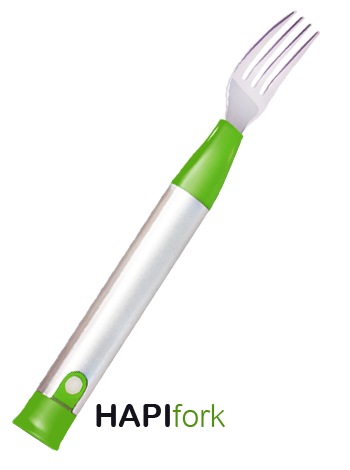I started eating fast when I was an intern, shoveling it in while writing up an H&P or gobbling it down in between patient work-ups. I don’t really remember if I was a slow eater before med school, but for sure I wasn’t after. My approach to eating was mindless — a bad habit that helped me pile on the pounds over the years.
I started eating fast when I was an intern, shoveling it in while writing up an H&P or gobbling it down in between patient work-ups. I don’t really remember if I was a slow eater before med school, but for sure I wasn’t after. My approach to eating was mindless — a bad habit that helped me pile on the pounds over the years.
Mindful eating, on the other hand, is an approach that involves choosing to eat food that both satisfies and nourishes. It also means learning to eat when you are actually hungry and stopping when you are full. The Center for Mindful Eating (there is a Center for everything, no?) lays out the Principles of Mindful Eating as follows:
Mindful Eating is:
- Allowing yourself to become aware of the positive and nurturing opportunities that are available through food selection and preparation by respecting your own inner wisdom.
- Using all your senses in choosing to eat food that is both satisfying to you and nourishing to your body.
- Acknowledging responses to food (likes, dislikes or neutral) without judgment.
- Becoming aware of physical hunger and satiety cues to guide your decisions to begin and end eating.
According to Harvard Health Publications, “A small yet growing body of research suggests that a slower, more thoughtful way of eating could help with weight problems and maybe steer some people away from processed food and unhealthy choices.”
Since there is now an app for everything, I was pleased to run into the HapiFork people at this year’s Consumer Electronic Show. HapiFork’s patented technology was developed under the leadership of Jacques Lepine, a bioengineer at a French company called “Slow Control.” Jacques and his team were happy to demonstrate how HapiFork worked. Although it is simple to describe, it actually involves the use of four patented innovations:
Slow Control technology involves four patented innovations:
- Measurement of hand-to-mouth movement
- Capacitive detection
- Specific mechanical cooperation in between the electronics and the fork
- Cooperation between the applications and the data platform
I don’t claim to understand all of these innovations, but the result is a fork that can detect:
- How long it took to eat your meal
- The amount of “fork servings” taken per minute
- Intervals between “fork servings”
The collected data is uploaded, via Bluetooth or USB, to an online dashboard so you can track progress in your eating behavior. Also available on the site are different apps and coaching programs to help you improve.

HapiFork is distributed by the folks at Hapi.com whose motto is “Stay Fit, Healthy and Hapi!” At $99.99 per fork I am sure there are some folks over there at Hapi who are really, really Hapi.
But does it work? When I asked Jacques whether there were any clinical studies done, he referred me to a list of publications on the Slow Control website that document the benefits of eating slowly. A review these abstracts suggests that eating rate is a factor in obesity and indirectly in the development of diabetes. What’s missing from the list of publications is a study that demonstrates that use of the HapiFork actually results in short (and long-term) control of eating rate. Hopefully, this will be forthcoming.









